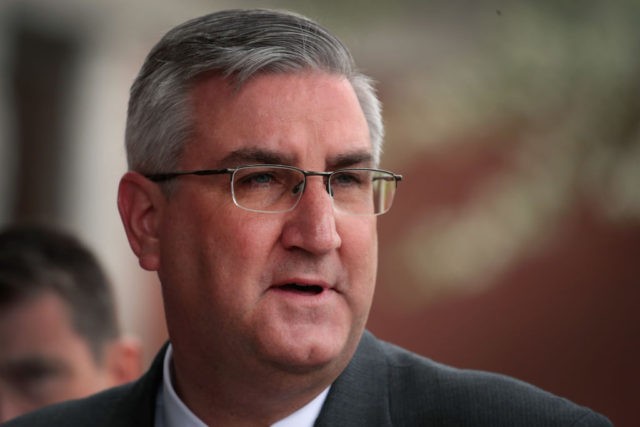The Indiana legislature has passed a bill declaring religious service to be “essential” during a state of emergency and prohibiting the imposition of a “substantial burden” on them without a compelling government interest.
“Religious organizations provide essential services that are necessary for the health and welfare of the public during a disaster emergency,” reads Senate Bill 263, which has now passed both the House and the Senate and awaits the governor’s signature into law.
The state and its political subdivisions “may not impose restrictions on: (1) the operation of a religious organization or (2) religious services that are more restrictive than the restrictions imposed on other businesses and organizations that provide essential services to the public,” the bill states.
The language of the bill echoes prevailing divisions of activities into “essential” and “non-essential” during the coronavirus pandemic both in the U.S. and abroad.
Many religious leaders have expressed consternation over the past year when public worship and other religious services were judged to be “non-essential,” while liquor stores, magazine stands, and tobacco shops remained open as “essential.”
In February, no less a figure than Archbishop Paul R. Gallagher, the Vatican’s foreign minister, declared that the free exercise of religious worship must be considered among the most “essential” of all activities during an emergency, in a streamed address to the U.N. Human Rights Council in Geneva.
For his part, Cardinal Raymond Burke, a Canon lawyer and former head of the Vatican’s highest court, argued that in defending against the coronavirus, churches should be considered essential (like supermarkets and pharmacies) and not optional (like cinemas and athletic games).
“In considering what is needed to live, we must not forget that our first consideration is our relationship with God,” Cardinal Burke wrote. “That is why it is essential for us, at all times and above all in times of crisis, to have access to our churches and chapels, to the Sacraments, and to public devotions and prayers.”
In May 2020, more than 260 Massachusetts clergy sent a letter to Gov. Charlie Baker, urging him to recognize churches as “essential” and to include them in the first “reopening” phase in the state.
In their letter, the clergy, which included Protestant pastors along with several Catholic priests, expressed disappointment that the governor’s executive order regarding the coronavirus banned religious services at which more than ten people are present.
“[C]hurch IS essential for us,” the clergy members wrote. “Your order of March 23rd would forbid us from gathering together to worship God, but the word of God commands us to not forsake the assembling of ourselves together.”
The Indiana bill expressly allows the government to impose health, safety, or occupancy requirements on religious services, as long as they are equally applied to other activities considered to be essential.
The ACLU had argued against the passage of the bill, insisting it would entitle religious institutions to receive special exemptions from the law that would “pose a grave risk to the health and lives of individuals and the public health.”
The bill would allow religious institutions “to continue operating, even as comparable non-religious institutions are shuttered or otherwise restricted — so long as any other business or organization is allowed to open,” it said.

COMMENTS
Please let us know if you're having issues with commenting.